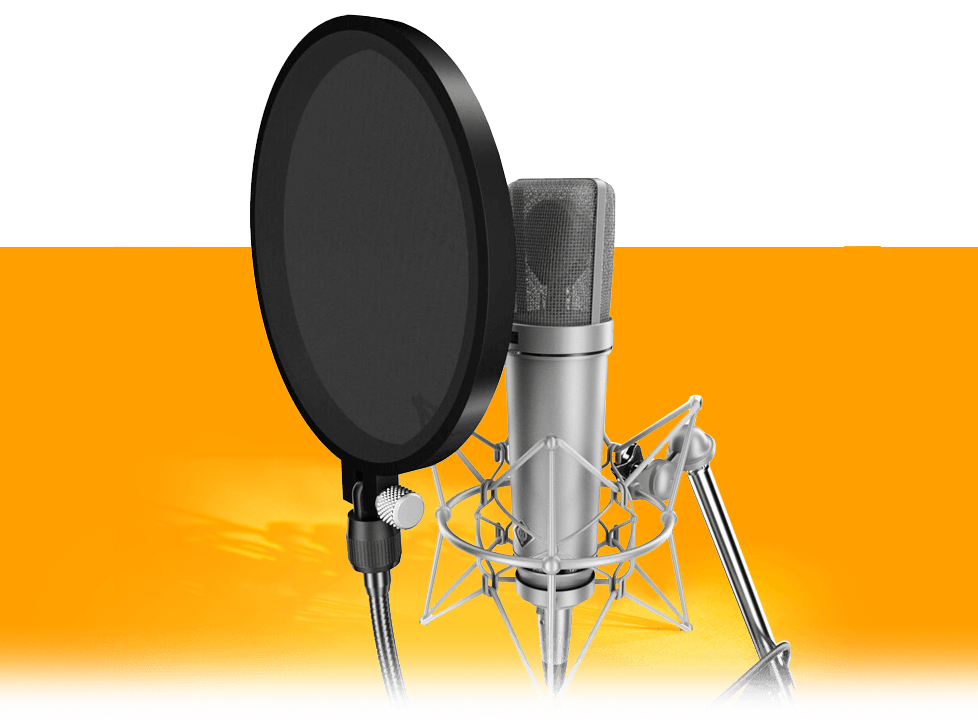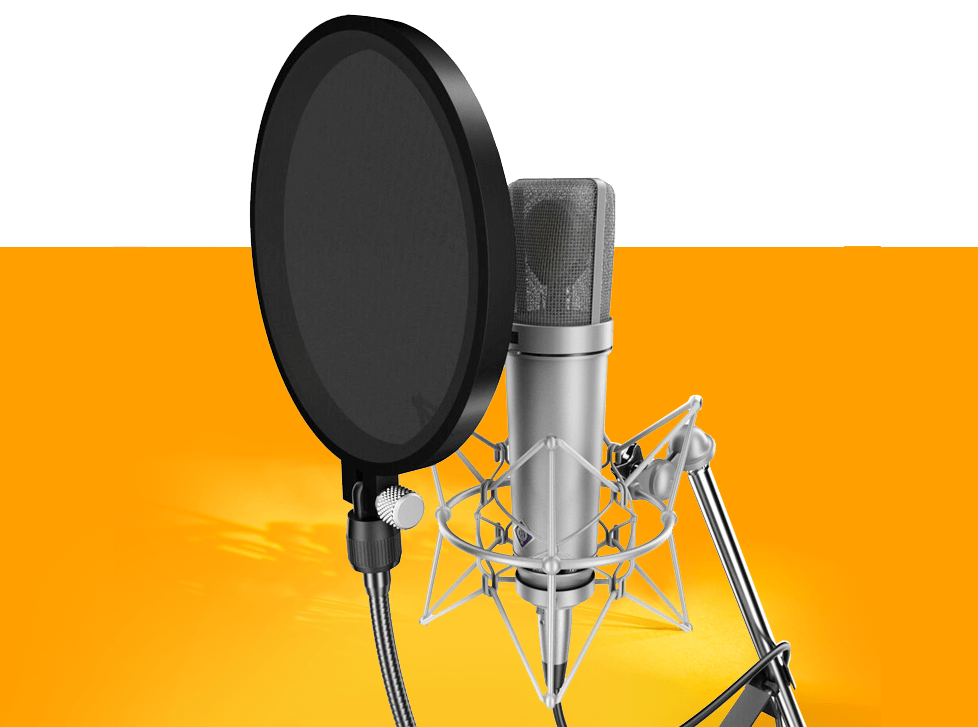How to Get a Job as an Audio Engineer
Jeremy Alves | December 11, 2018
If you’re like me when I was first starting out, finding a job was one of the most stressful, overwhelming and time consuming activities out there. The thing is, we all need jobs one way or another, which means we all need to go through the process eventually. Fortunately, every time you go through the process, it gets a little easier and a little less stressful. You may one day even get to the point where you enjoy looking for new opportunities, because it gives you a chance to brag a little about yourself in order to make some money.
Unlike getting a job in something mundane like telemarketing, you’re an aspiring audio engineer which means you actually need to prove to your potential employer that you have the hands-on and theoretical knowledge required to be a pro in the recording arts. But the question you might be asking is where do you get the experience required to demonstrate your abilities without being employed? Luckily for you, there are many ways you can go about landing your first job, even if you are a novice. Here’s how to land a job as an audio engineer.
1. Get an education
Going to school for an audio engineering degree is the most effective and straightforward ways of landing a job as an audio engineer. A good audio engineering program prepares its students for the real world by providing an education from industry professionals, helps them build connections, provides hands-on experience with audio equipment and in some cases offers apprenticeships. In these cases you learn everything you need to showcase your talent to a potential employers by demonstrating that you have the knowledge, practical and workplace experience.
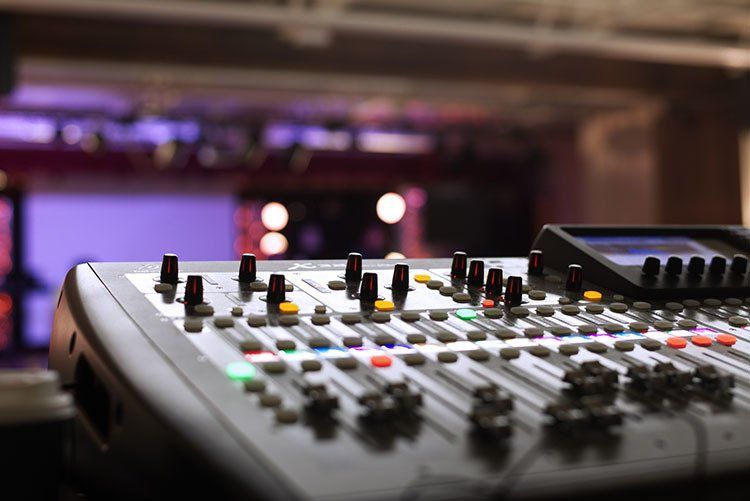
2. Build A Portfolio
It’s the age of the internet, so why not teach yourself some news skills and see where it gets you. Once you think you have a basic idea, download yourself a free DAW and start playing around. Find local artists and friends who need songs recorded and offer to do them for free or cheap. The more experience you have, the easier it will be to get work.
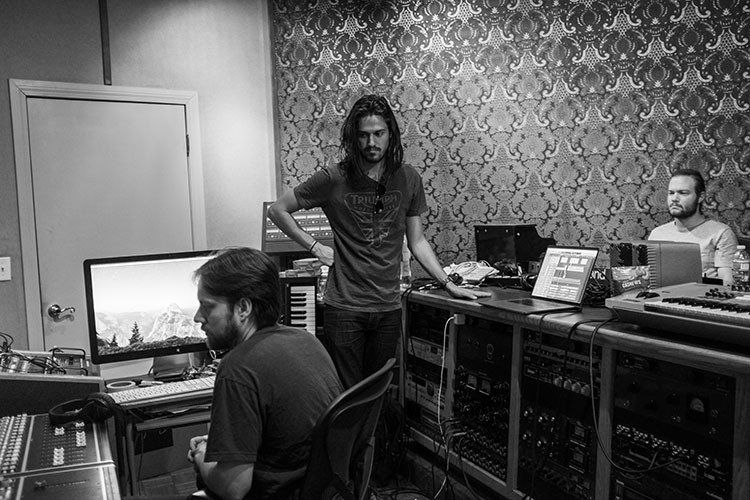
Once you think you have a good enough resume, you can go one of two ways: starting charging for your time proper hourly fees or start shopping your portfolio around at recording studios to become an assistant.
Whatever route you take here, be sure to leverage the internet and put all your work online somewhere. Soundcloud and Bandcamp are both great, free tools that host music portfolios. Better yet, build a Facebook page or website with your material and resume. Anywhere that you can talk about your experiences and skills, and provide examples for people to listen to.
Get active on social media and send your files around to others and get their feedback. The more eyes and ears on your material the better.
3. The Volunteer Route
Before you ask, yes unfortunately to get experience the first time around it means putting in a lot of free work hours.
There are a couple different ways you can go about offering your time to build experience. The first would be approaching recording studios in your areas and see if they have internship or apprenticeship programs, however unlikely. The next would be to approach your local community theatre group and see if they need extra hands running the board. If you’re still in high school, join the communications group or join the tech team associated with drama department. Think outside the box in this case, and build a resume any which way you can.

4. Build Connections
Sometimes it’s not what you know, but who you know. In the best case it’s both. Building connections with industry professionals can help you get a leg up on your peers on job openings, internships and apprenticeship programs.
Go out and meet audio recording professionals at the kinds of places you might expect them to be. Go to live shows and talk to the live mixer (after they’re done working of course) or the artists. You might also want to consider finding a job that isn’t exactly the field you want to work in but a related one. For instance, get a bar job a local venue and make friends with the in house audio engineer. Build up a report with that person and ask them if you can come in on a night off while they are working to shadow them. Down the line show them your skills and see if they would be open to letting you cover them for a show. Alternatively, if you’re a musician, start reaching out to artists and recording engineers you know to see if they have any leads.
Check online for meetups, and get to know like-minded individuals in your city. Meetups are a great way to learn about your profession, who the big players are and build connections.
Lastly, whatever path you decide to take, take it seriously. Audio engineering is a career that requires dedication and hard work. A genuine work ethic is an invaluable skill to have that potential employers will pick up on. If you can demonstrate that you are willing to go above and beyond, put in those extra hours or make those extra tweaks that bring a project to life, you will be considered a superior candidate over the others. Happy hunting!
Ready to Start?
OIART's Audio Program Includes:
✓ Small Class Sizes
✓ On Site Facilities
✓ Industry Leading Instructors
✓ Post Grad Support & Guidance
✓ Exclusive 11 Month Program
Top Reasons Why You Should Choose OIART.
Have Questions?
If you have questions about our audio engineering and music production program or would like to book a tour, we would be pleased to speak with you.
Text Us: 519.200.4151
Share This With a Fellow Music Lover
Apply in 3 Steps!
Step 1: Click Apply Now to start.
Step 2: Answer questions about yourself.
Step 3: Submit and check your email.
Share this with fellow music lovers
